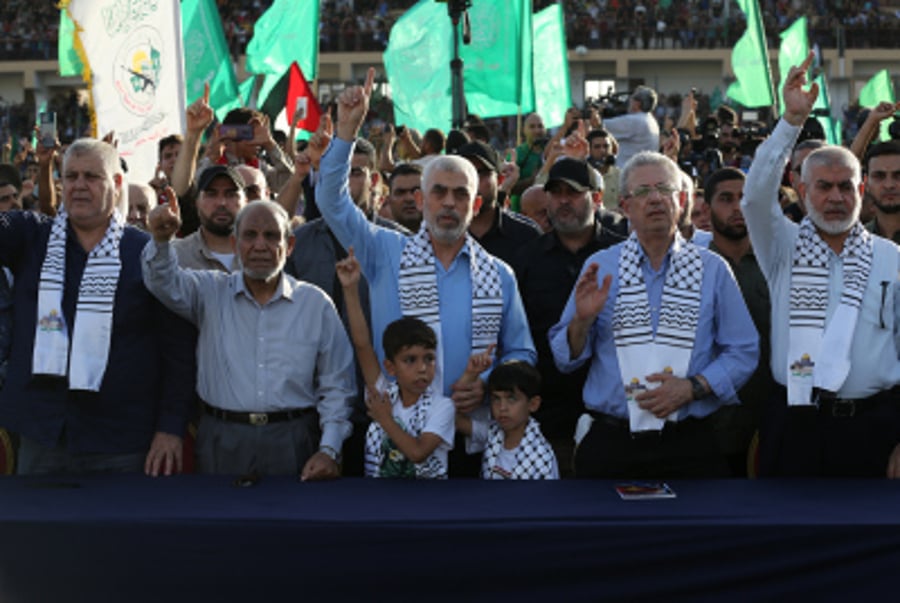
As the Israel-Hamas conflict stretches into its eleventh month, Israel can't seem to understand why Yahya Sinwar, the leader of Hamas in Gaza, will not accept a deal to end the fighting.
According to Colonel (Res.) Hezi Nechama, a prominent figure in Israel's Reserve Commanders and Fighters Forum, the answer lies in the current balance of power on the ground.
In a recent interview with Israeli radio station 103fm, Nechama offered the following assessment of the situation. "The reason Sinwar hasn't moved towards another deal seriously since November is because there's no real pressure on him," he explained. "He's surrounded by food and supplies and controls the area."
Nechama argues that the current approach to the conflict has inadvertently strengthened Sinwar's position. Despite the significant damage inflicted on Hamas, the organization continues to recover and rebuild, largely due to Hamas's control over humanitarian aid distribution in Gaza.
"When [Hamas] controls humanitarian supplies and receives hundreds of trucks for free and sells them for full price to various clans, it both finances itself and its operatives and is in a position of power to recruit more terrorists," Nechama stated.
This control over resources not only provides Hamas with financial means but also reinforces its authority over the local population. As long as Sinwar maintains this grip on Gaza's economy and society, he has little incentive to negotiate, according to Nechama's analysis.
The prolonged nature of the conflict has also played into Sinwar's hands. Nechama pointed out that the IDF hasn't been into Gaza City and its surroundings for half a year, allowing Hamas to regroup and strengthen its position. "When we enter the next round in Gaza City, we will encounter a rehabilitated enemy," he warned.
To change this dynamic and pressure Sinwar into accepting a deal, Nechama proposes a controversial strategy. He suggests emptying northern Gaza of its civilian population and cutting off humanitarian aid to the area. "We need to put our hands on Sinwar's throat and take his assets from him," Nechama argued, emphasizing the need to deprive Hamas of its power base.
However, such an approach would likely face significant international opposition.
As the conflict continues with no end in sight, the debate over how to deal with Sinwar and Hamas intensifies within Israel. While some, like Nechama, call for more aggressive tactics, others worry about the humanitarian cost and long-term consequences of such actions.
What remains clear is that as long as Sinwar feels secure in his position, with control over resources and territory, he is unlikely to seriously engage in deal-making. The challenge for Israel, then, is to find a way to alter this equation.
For now (and until Israel either completely concedes to all of his demands or puts increased pressure on him), Sinwar's calculus appears unchanged, leaving both Israelis and Palestinians to face the ongoing consequences of this prolonged war.
* Maariv contributed to this article.



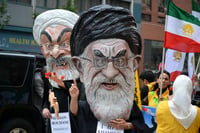

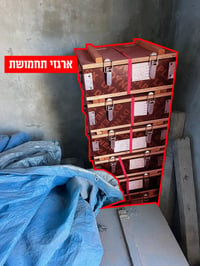

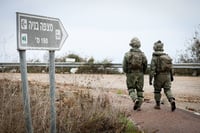
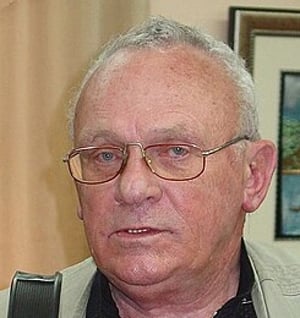

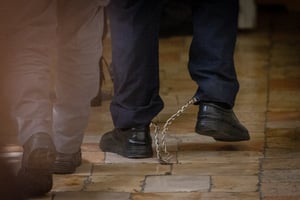
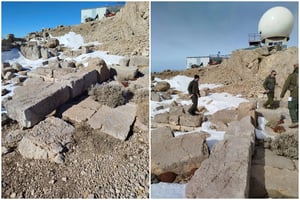
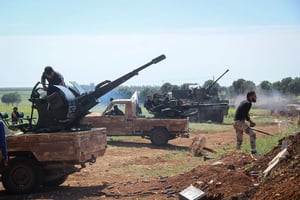
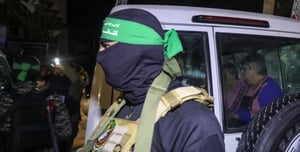

0 Comments